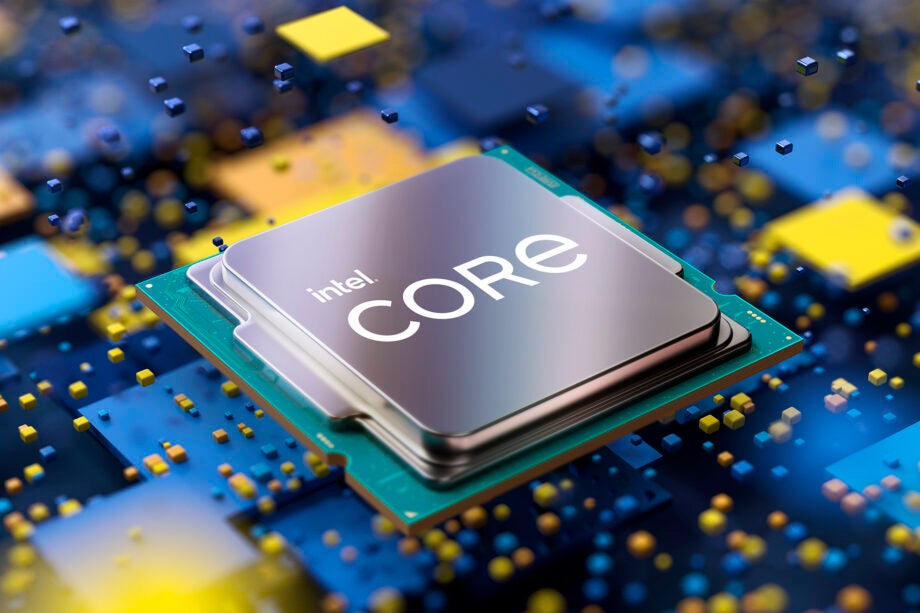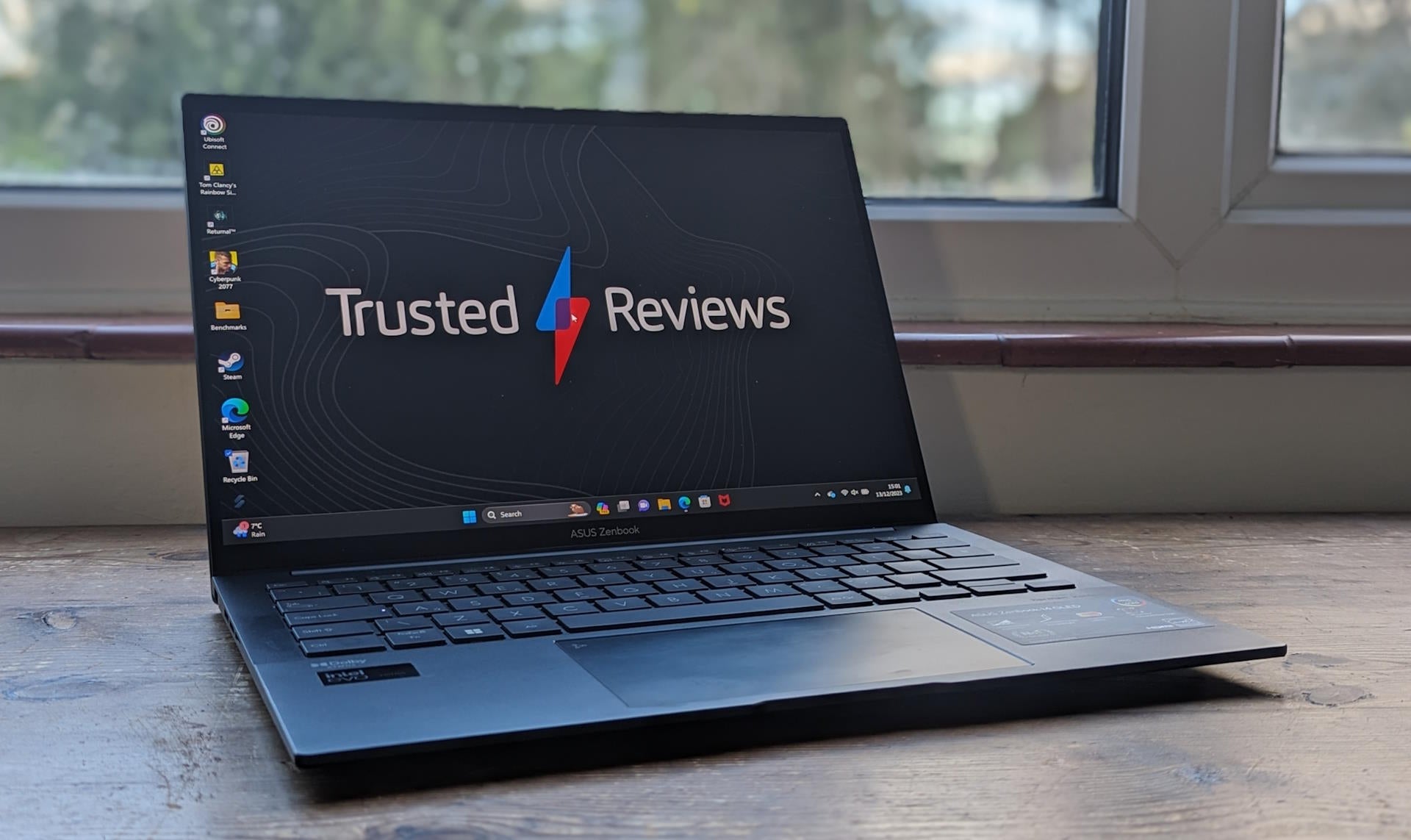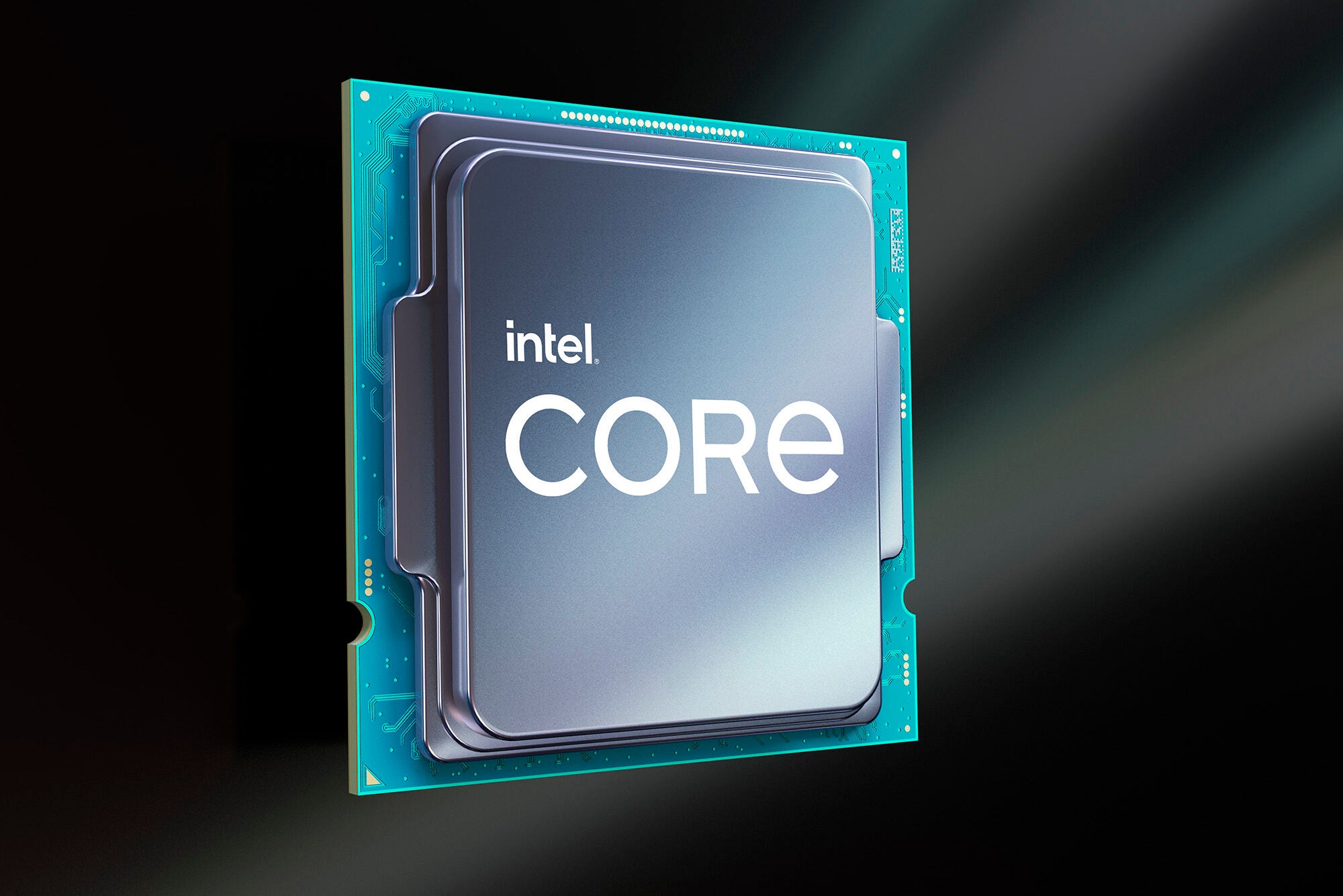Intel reveals new roadmap to 1 namometer, key partnership with Qualcomm

Intel has announced a revised roadmap for its future silicon processes. However, it will not be bringing forward the long-delayed launch of the 7nm Rocket Lake chipsets.
During an ‘Intel Accelerated‘ webcast on Monday, Intel laid out how it plans to retake its crown at the top of the processing mountain within the next four years, after falling behind rivals in recent times.
In the short term that means the new Alder Lake processors, which will be built on the renamed Intel 7 node, previously called “SuperFin Enhanced”.
You could be forgiven for being confused here. Intel 7 will still result in a 10mn processor. The 7mn Rocket Lake chips expected to debut in 2023? The node for those is now going to be called Intel 4. Got it? Good.
Moving beyond that, will come Intel’s first transistors below 1 nanometer (a unit called angstroms) in size. This node will be called Intel 20A. The company is expecting to pin down the final design for the new architecture in 2024.
These chips will run on power-efficient RibbonFET transistors, which will replace the FinFET architecture Intel has been using for a decade. This, Intel says, will get the company back on top, from a foundry capabilities sense, by 2025.
The other major announcement from Intel today is the company has revealed partnerships with Amazon and its major rival Qualcomm. Qualcomm, for example, will use the 20A chipmaking process for its own chips.
Amazon too will use Intel’s packaging tech in order to help put the chips together for use in Amazon Web Services data centres. Intel says more companies will jump on board with its plans, including some that have traditionally been considered rivals.
“There have been many, many hours of deep and technical engagement with these first two customers, and many others,” Intel CEO Paul Gelsinger said during the webcast.





